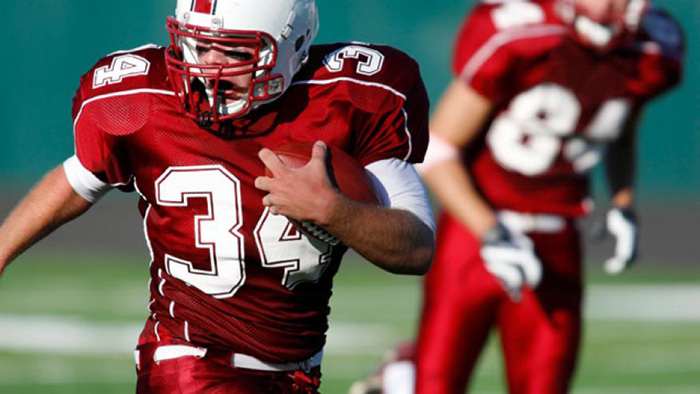Brain trauma widespread among rugby players

"We are seeing changes in brain activity even without a diagnosed concussion, even without any sign or symptoms showing up and that that occurs in a large population of our subjects," said Larry Leverenz, a clinical professor of health and kinesiology at Purdue University.
More than half of the players participating in the trials showed signs of altered neurological function and dramatic changes to the wiring and biochemistry of their brains, according to a series of studies published by the Purdue Neurotrauma Group. They focused their research on pre-concussive head injuries, which up until now went largely ignored due to a lack of symptoms such as dizziness or disorientation associated with a concussion.
"It`s not just the neurons that get damaged, it`s the glial cells, it`s the vasculature," said Eric Nauman, a mechanical and biomedical engineering professor at Purdue University.
"Basically in football and woman`s soccer about half the team is experiencing these kinds of things, these kinds of changes. Some of them heal and some of them don`t by the time they start playing their next season, and that was the thing that really got us nervous," he added.
The researchers placed sensors on the athletes to record impact forces and coupled that data with brain scans and cognitive tests to track neurological function over the course of the trial.















































